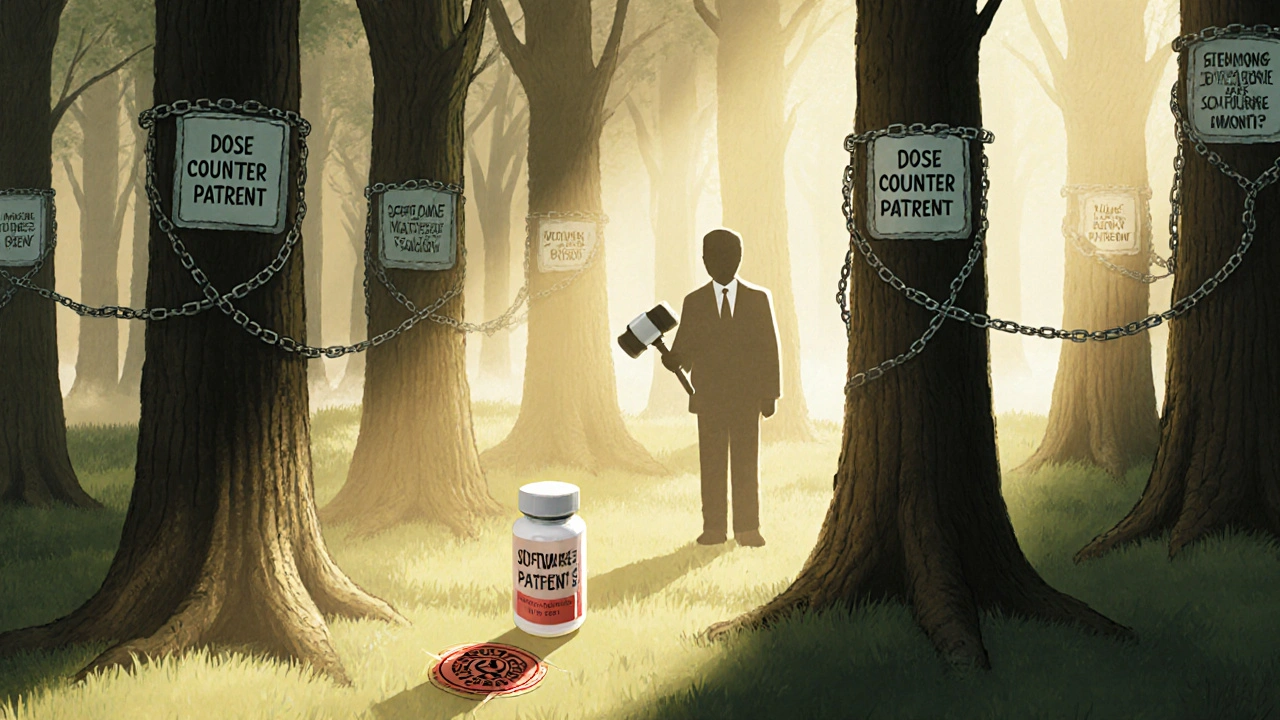Generic Drug Patents: What They Are, How They Expire, and What It Means for You
When you hear generic drug patents, legal protections that let pharmaceutical companies sell a brand-name drug exclusively for a set time. Also known as drug market exclusivity, these patents are the reason your prescription costs $200 one year and $20 the next. Without them, no company would spend $2 billion developing a new medicine. But when they expire, everything changes.
Here’s how it works: a drug maker gets a patent that blocks anyone else from making the same pill for 20 years—usually starting when the drug is first invented, not when it hits shelves. By the time the FDA approves it, you might have 7 to 12 years left on the clock. During that time, the brand-name version rules the market. Then, the patent expires. That’s when companies like Teva, Sandoz, or Mylan step in with identical versions—same active ingredient, same dose, same effect. The FDA’s Office of Generic Drugs, the branch that reviews and approves generic medications to ensure they work just like the brand makes sure these copies are safe and bioequivalent. No magic. No hidden differences. Just lower prices.
But it’s not always that simple. Some drug makers stretch patents with tiny tweaks—new coatings, new pill shapes, new combinations—just to delay generics. These are called "evergreening" tactics. The Hatch-Waxman Act, the 1984 law that created the modern path for generic drugs in the U.S. tried to fix this by letting generics file for approval early and offering 180 days of exclusive market time to the first company that challenges a patent. That’s why you sometimes see two generic versions hit the market at once—they’re racing to be first.
And it’s not just about cost. When a patent expires, your insurance plan often switches you to the generic. Why? Because it saves them—and you—money. A study from the FDA showed generics cut U.S. drug spending by $313 billion over ten years. That’s not a small number. It’s your asthma inhaler, your blood pressure pill, your diabetes med—all cheaper because someone waited for the patent to run out.
What you’ll find in these posts isn’t just theory. It’s real-world stuff: how the generic drug patents system actually plays out in clinics and pharmacies, why some people think generics don’t work (even when they do), how the FDA enforces standards, and what happens when a blockbuster drug like Lipitor or Humira finally goes generic. You’ll see how this affects your wallet, your health, and even your doctor’s choices. This isn’t about legal jargon. It’s about understanding why your medicine costs what it does—and what you can do about it.
Patent litigation in generic drug markets delays affordable medicines, costing billions annually. Learn how the Hatch-Waxman Act, Orange Book listings, and pay-for-delay settlements shape access to generics.

